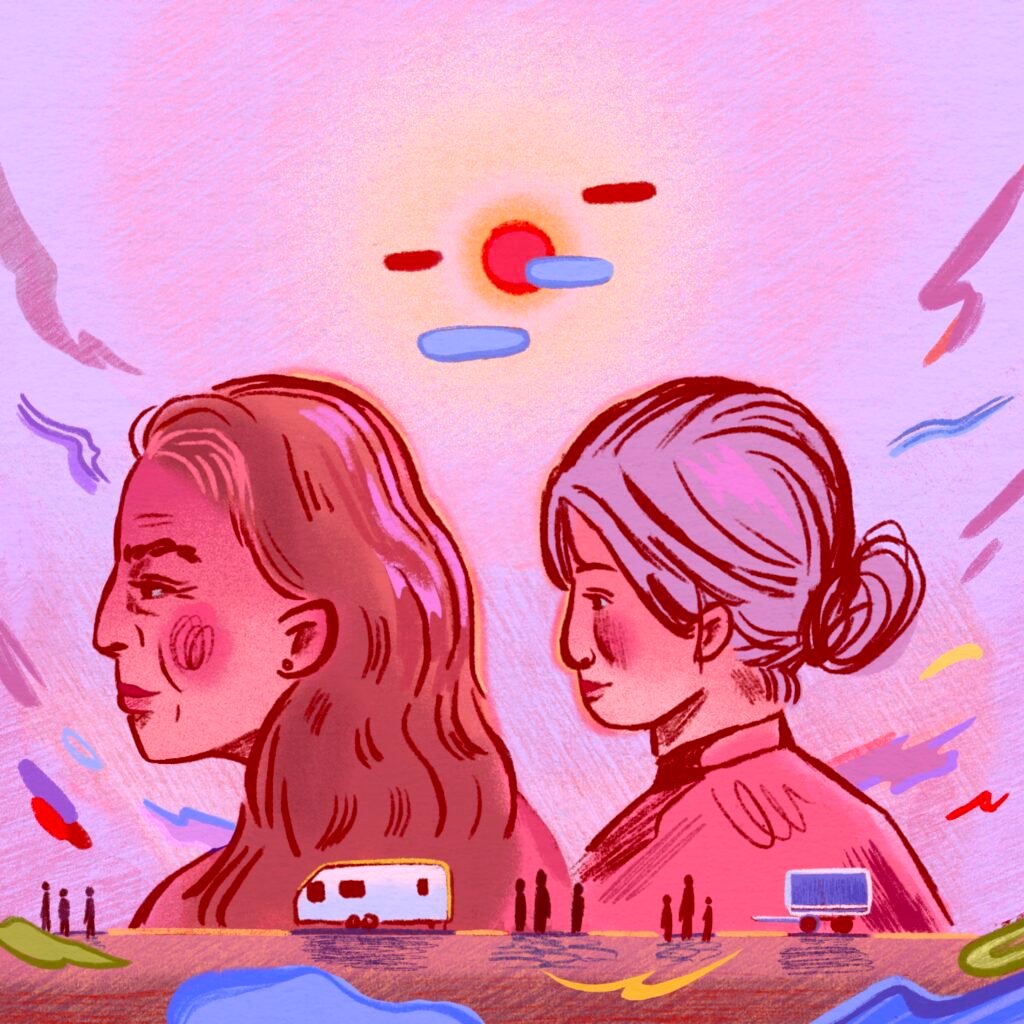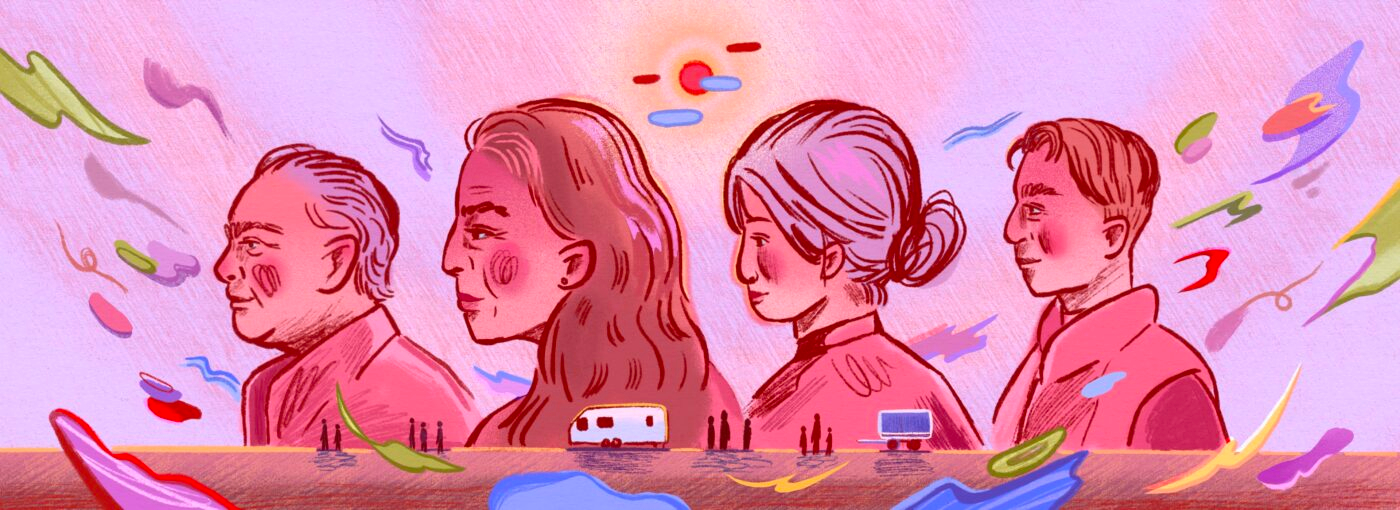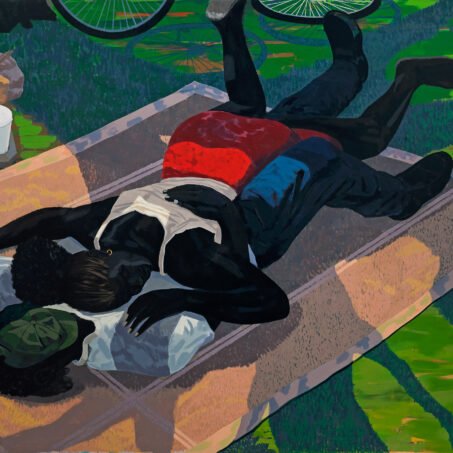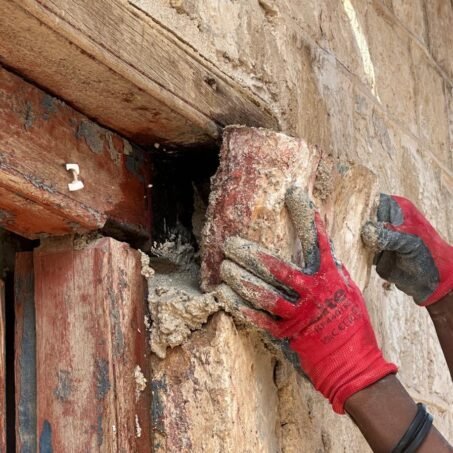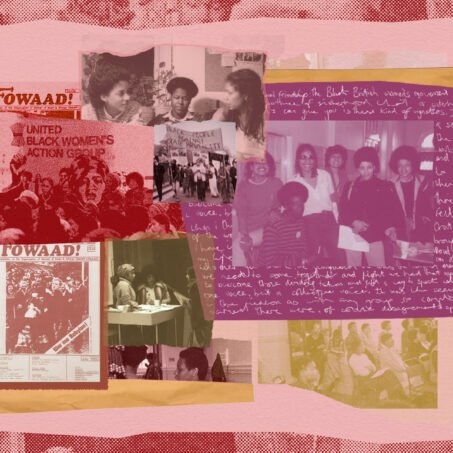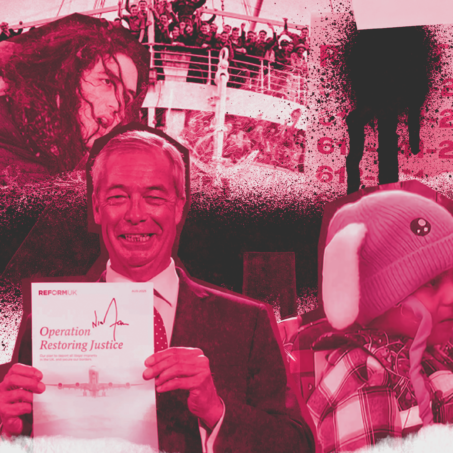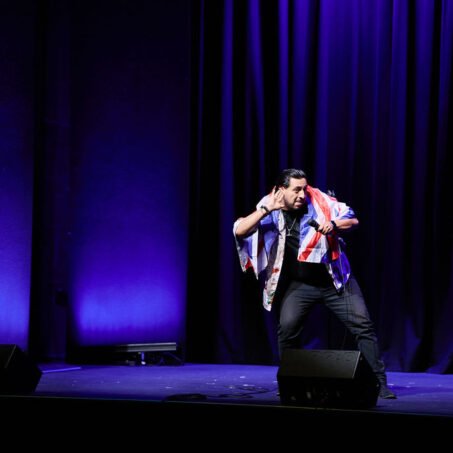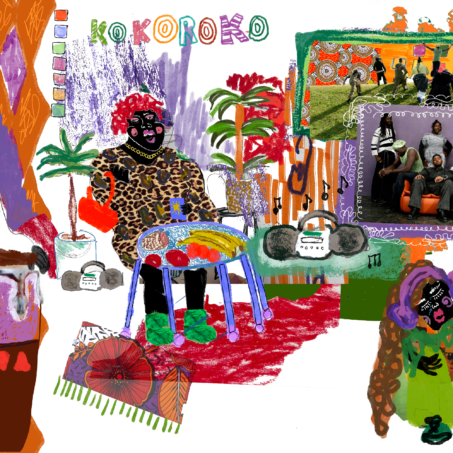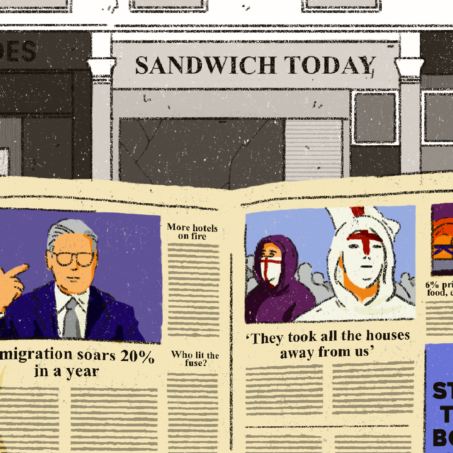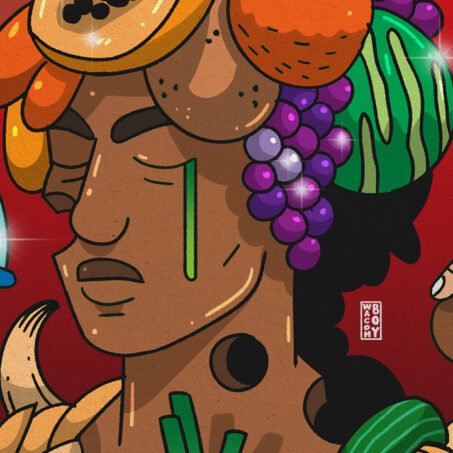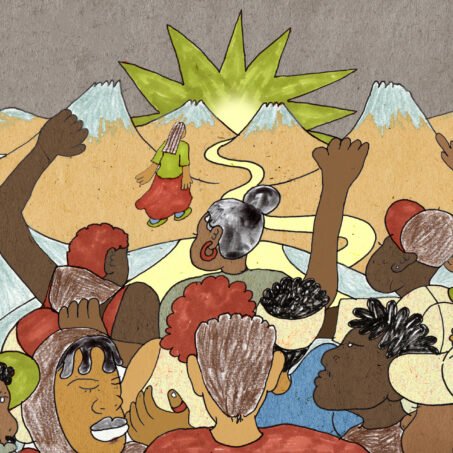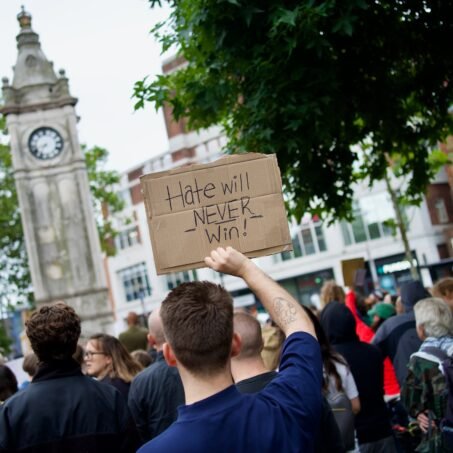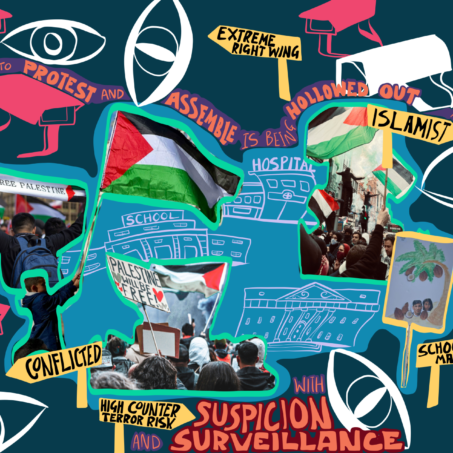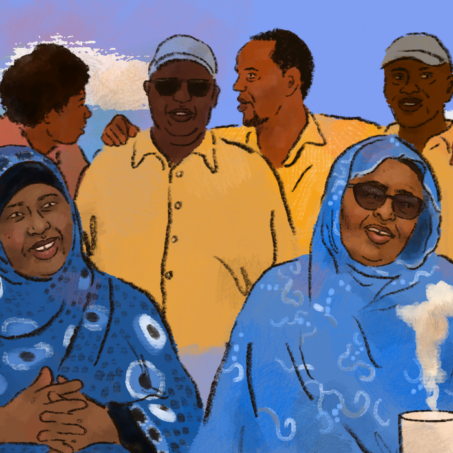What is Gypsy and Traveller resistance?
When we think of resistance, our minds are too often drawn to significant displays in the form of mass protests and activism, but our existence as Gypsies and Travellers is already resistance.
The refusal to assimilate into societal norms, despite great pressure and state oppression, whilst maintaining our own distinct cultural identities, is an example of resistance in and of itself.
Gypsies and Travellers in the UK have long experienced state oppression through parliamentary bills which have sought to curtail the freedoms of Gypsies and Travellers and their right to roam. In spite of this Gypsies and Travellers, both in houses and on sites, have resisted assimilation through the maintenance of strong family connections, cultural traditions and through the preservation of accents and their own languages.
The refusal to adhere to the norm, and the taking and leaving of state structures depending on need, is what has allowed Gypsies and Travellers to survive. No doubt it is this resistance that will ensure the survival of Gypsies and Travellers into the next century, but it will need support from non-Traveller allies to ensure that Gypsies and Travellers are not harassed by further violent and discriminatory policies.
What is the history of travelling communities in the UK?
Romany Gypsies and Irish Travellers are historically nomadic communities, with some continuing to practise nomadism all or part of the year round.
Romany Gypsies originated historically from India and Irish Travellers came to the UK from Ireland and the two have co-existed in the UK since the early 19th century.
In more recent years, we have seen greater migration of Roma, especially from European countries to the UK.
Gypsies and Travellers have always existed in both rural and urban areas and historically engaged in seasonal trades such as fruit and vegetable picking, tinsmithing, horse trading and scrap metal recycling. Many Irish Travellers historically worked as navigators, building canals and railways and later on motorways and building sites. Some Gypsy and Traveller women would have sold heather, flowers and pegs.
There has been a lot of work done by Gypsies and Travellers in London to map their histories in the city and to put to bed the myth that Gypsies and Travellers only existed in rural areas.
People often hold a romanticised view of what they consider to be the ‘real’ Gypsies and Travellers of the years gone by with wagons and horses, whilst at the same time spouting hate and discrimination at Gypsies and Travellers with Transit vans and Hobby trailers.
It is rarely acknowledged that the same industrialisation and capitalism which radically changed the face of communities across the UK, has also done the same to ours.
In order to survive, Gypsies and Travellers have had to adapt – and this has meant shifting trades, locations and living units. Whilst wagons were and are works of art, they were also impractical as we shifted into the 21st century and people had to move with the times.
There is also no doubt that our children and grandchildren will do the same as we are faced with the growing impacts of climate change and the current housing crisis.
What state structures minoritise these communities?
State structures have long played a role in the minoritisation of Gypsy and Traveller communities. From the Egyptian Act of 1530 to the Police, Crime, Sentencing and Courts Bill of 2022 – the state has consistently tried to eradicate nomadism.
At present, the state’s refusal to cater for Gypsy and Traveller people in the form of sites and stopping places is a clear example of minoritisation in practice but the attitudes towards Gypsies and Travellers also prevails across sectors.
Whether it is housing, healthcare, policing or the service industry, there are endless examples of Gypsies and Travellers being refused service or provided with substandard care. It has left us in a position whereby we experience greater levels of incarceration, high suicide rates and poor health outcomes.
Moreover, in education the state refuses to provide support for Gypsy and Traveller families who are nomadic despite military families, whose kids also move schools a lot, being provided with support structures that we could only dream of.
In our criminal justice system, the courts view Gypsy and Traveller ethnicity as a risk factor, often using it to refuse bail or community sentence orders.
State structures don’t exist without the people who work to uphold the system, and it is through this that Gypsies and Travellers continue to be minoritised because the system doesn’t allow for anything else.
Discrimination across leftist spaces
The media and politicians play a big role in influencing public opinion regarding Gypsies and Travellers, and even in leftist spaces, Gypsies and Travellers can find themselves being used as a political football.
A few years ago, alongside the now redundant LabourGRT campaign, I spent a lot of time speaking on Gypsy and Traveller issues and the impact of the PCSC Bill. There were countless conversations and backlash from Labour MP’s when we called them out on campaign materials they were using.
Despite promises from Labour it is something that has continued to happen and with them whipping peers to abstain on part four of the PCSC Bill, my faith was lost.
It is disheartening for Gypsy and Traveller activists to go into campaigning and grassroots movements on the left and be met with stereotypes and discrimination – it feels like you are battling in a place that should find a political home in.
Abolitionist organising spaces is a place where Gypsies and Travellers can find greater cross-movement and cross-community solidarity. We saw this in the wake of the PCSC Bill with myself and other Gypsy and Traveller activists speaking at protests and discussing ways in which our movements could support each other.
When as a people you have been criminalised for hundreds of years, it is much easier to see not only the role of the police in oppression but also in seeing that there are ways of organising community and living that don’t rely on carceral institutions and thinking.
There is so much about the ways in which Gypsies and Travellers live and exist that can provide support to abolitionist imagining. The fact that we often live in extended family units and provide familial support that reduces the reliance on state institutions such as care homes and additional childcare, provides a model for a different way of living.
Using this knowledge we can support other movements as they explore what community and community support could look like outside of the bounds of the state. It provides a real opportunity to connect across struggles as we all fight for liberation.
How can people support the movement?
Movements are made up of lots of different people doing different things, some big and some small. If you are short on time and lacking confidence, learning more can be a great place to start. There are different resources out there but some of my favourites are included below. You can also follow different organisations and activists on social media and platform their voices and the work they are doing (especially that which is Gypsy and Traveller led!)
If you are currently engaged in social justice work, think about how you can include the voices of Gypsies and Travellers and the issues facing our communities, in your own work and spaces. Often people can view our issues in isolation, but they are tied up in broader social issues. We need non-Travellers to talk about the issues we are facing in order to create change. This can be done in your everyday work and in your spheres of influence – big or small.
How can you initiate conversations with friends and family members? How can you ensure that your workplace is inclusive of Gypsies and Travellers who may be interacting with it?
What can you do?
There are lots of different resources out there and probably not enough socialist resources but here are some podcasts, blogs and videos that provide greater insight:
Podcasts:
- PODCAST: Radicals in Conversation – Gypsies, Roma and Travellers
- Growing up in the Gypsy, Roma and Traveller community:
- Chelsea McDonagh: Fighting for Traveller Education – The Plastic Podcasts
Blogs:
- How the Police Bill targets Gypsies, Roma and Travellers | rs21
- The PCSC Bill has failed Gypsies and Travellers – so where do we go next?
- “We Are People Too”: A blog by Chris McDonagh on growing up as an Irish Traveller
Videos:
